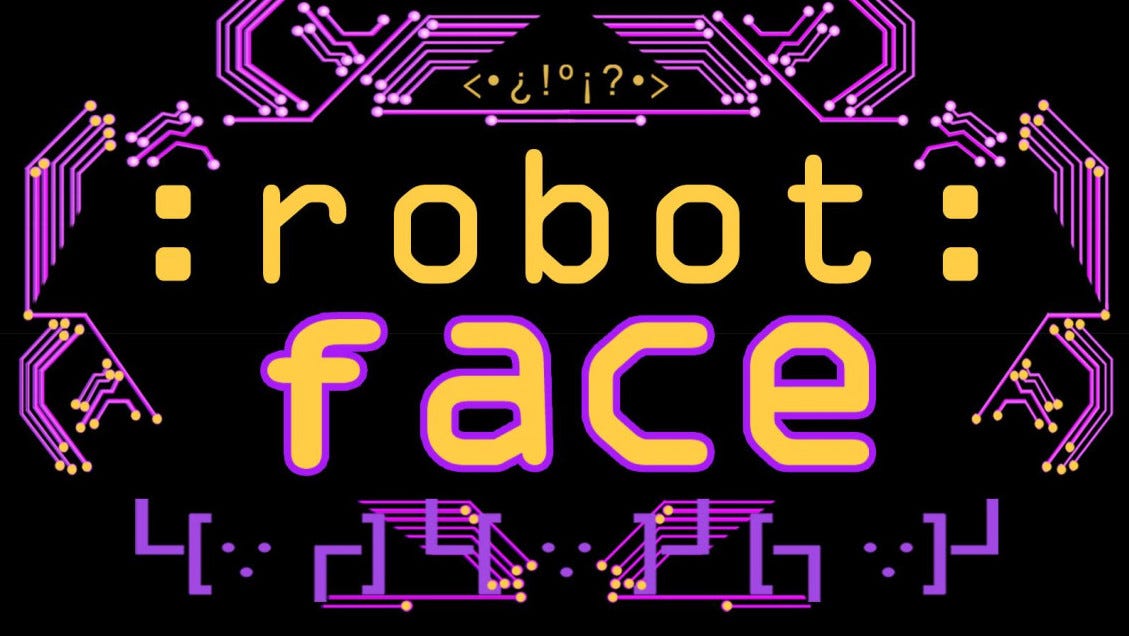
Sometimes creators get a really great idea and then, because of a freewheeling development style, lack of confidence, groupthink, or that little voice that says “we’re never getting another shot at this” bury it under some okay-to-good ideas.
Some variation of that seems to be what’s going on with :robot_face:, which has a great heart that’s layered with too many ideas all competing for attention.
Let’s start with that great idea: putting a team of internet strangers together to “program” an “artificial intelligence” which will then be tested by a group of judges to see which is the most human-seeming. There are four teams, three rounds, and the questions your AI will face are not known to you.
Of course, what you’re really doing is coming up with suggestions for actors to follow, along with some very simple directions, which will determine whether or not the actor can navigate the ensuing conversation without sounding too much like a robot.
That core conceit, which is executed gamely by the actors playing the AIs is a lot of fun.
The downside of :robot_face: is that this core conceit makes up just over a third of its total runtime, the rest of which is an overly complicated nesting doll of reality TV program tropes. The idea itself: that the players on Zoom are contestants on a reality TV show which is being live-streamed (it really is being live-streamed, to another set of patrons on Twitch) isn’t bad in and of itself. However, as executed in the final dress rehearsal I attended, it detracts from the core fun of working with your team on the script, and then getting to see if your AI/actor can navigate what the hosts throw at them using your plan.
It wouldn’t be all that bad if it didn’t take about 20 minutes of exposition before the teams even get to start figuring out what they are actually supposed to do. Honestly: it was twenty minutes before we got to the heart of what we were doing, and almost none of the preamble prepared us for what our role in things were. We almost would have been better off being thrown in the deep end and left to figure things out for ourselves. All that preamble may have been meant to disorient or entertain, but it carried no emotional stakes and didn’t lay the groundwork for what we’d be doing.
Get Noah J Nelson’s stories in your inbox
Join Medium for free to get updates from this writer.
SubscribeSubscribe
That’s not to say that :robot_face: is a total loss, far from it. The core idea is legitimately great. The actors are totally game. The reality TV narrative, with its cross-circuit romances and larger than life characters, is enjoyable enough. It’s just that the whole thing could stand to give more time to actually doing the thing and less time to all the stuff around the thing. Because the thing is good enough that it makes the other stuff mostly forgivable. Mostly. There’s just so much of it.
After the first round of play, I was eager to get back to planning our moves with my team, only to find that we had to slog through some story bits. I’m not one to skip cut scenes in a video game, but saints alive I would have if I had been given the option. To add to the frustration: the emergent narratives that the player teams were crafting in real time — one group was programming their character to be a cat, another had a tragic backstory, my own team had a vicious rivalry with the fourth AI — were as interesting as the prepared material.
Part of the issue here is that :robot_face: is serving two audiences. The first are the participants, and the second is the livestream audience. I can understand the creator’s trepidation at letting a bunch of randos determine what their paying customers on the stream are going to witness, but by shoehorning more of the stream narrative into the game narrative, it puts the players’ experience in service of the passive audience’s enjoyment. Given that the players’ tickets are set at a higher tier price, and are from a certain point of view are paying for the privilege of performing, this is extra weird.
I suspect that by giving more time for the players to play, the end result for the passive audience would be better. On top of that: keeping the passive narrative largely out of the hair of the players, but dropping some coy hints, might actually encourage active patrons to come back and see just what the heck it looks like from the other side.
Given a structure that was more focused on the interplay between the players and the world that the creators have made, :robot_face: could be an exciting star in the online immersive constellation. As it stands, it could use some editing to allow it to really shine.
:robot_face:, created by Nick O’Leary and Nathan Whitehouse with Dacha Theatre, runs through September 13. Tickets are available on a sliding scale, with one tier for participants, one tier for spectators-only, and pay what you can is available.
Discover the latest immersive events, festivals, workshops, and more at our new site EVERYTHING IMMERSIVE, new home of NoPro’s show listings.
NoPro is a labor of love made possible by our generous Patreon backers. Join them today!
In addition to the No Proscenium web site, our podcast, and our newsletters, you can find NoPro on Twitter, Facebook, YouTube, Instagram, in the Facebook community Everything Immersive, and on our Slack forum.
Office facilities provided by Thymele Arts, in Los Angeles, CA.



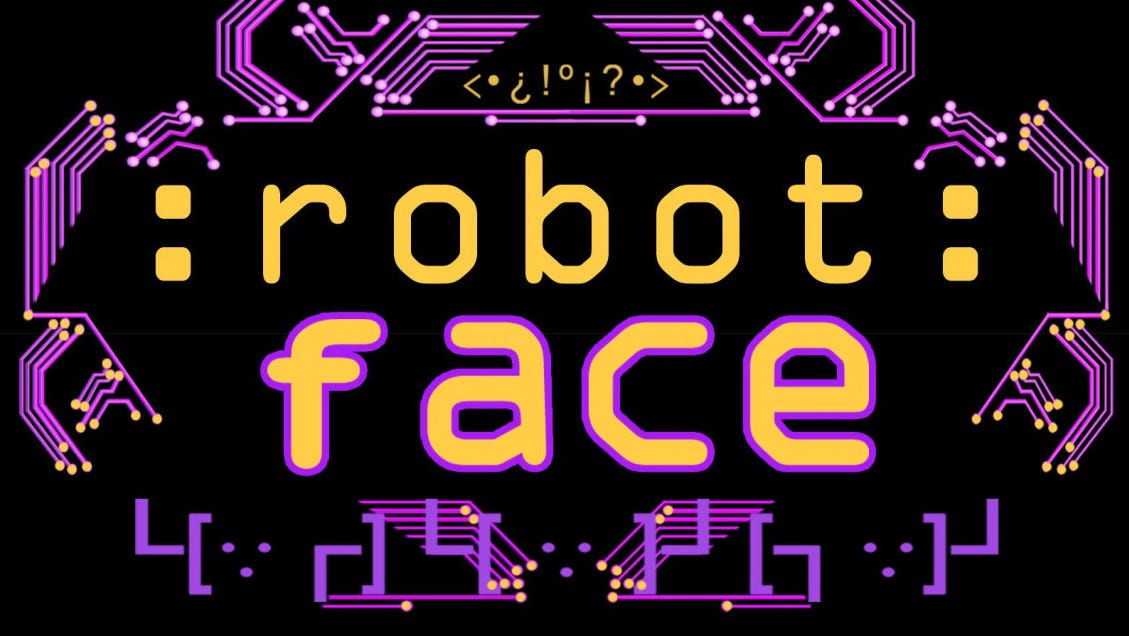
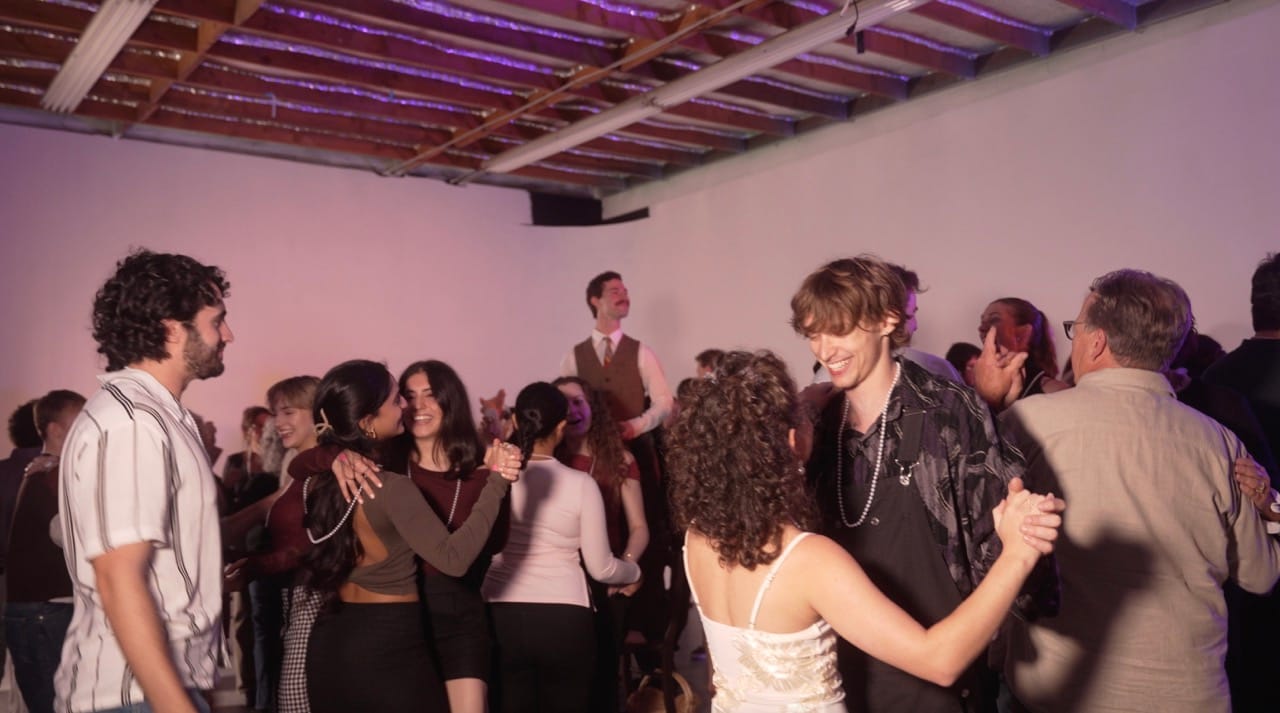


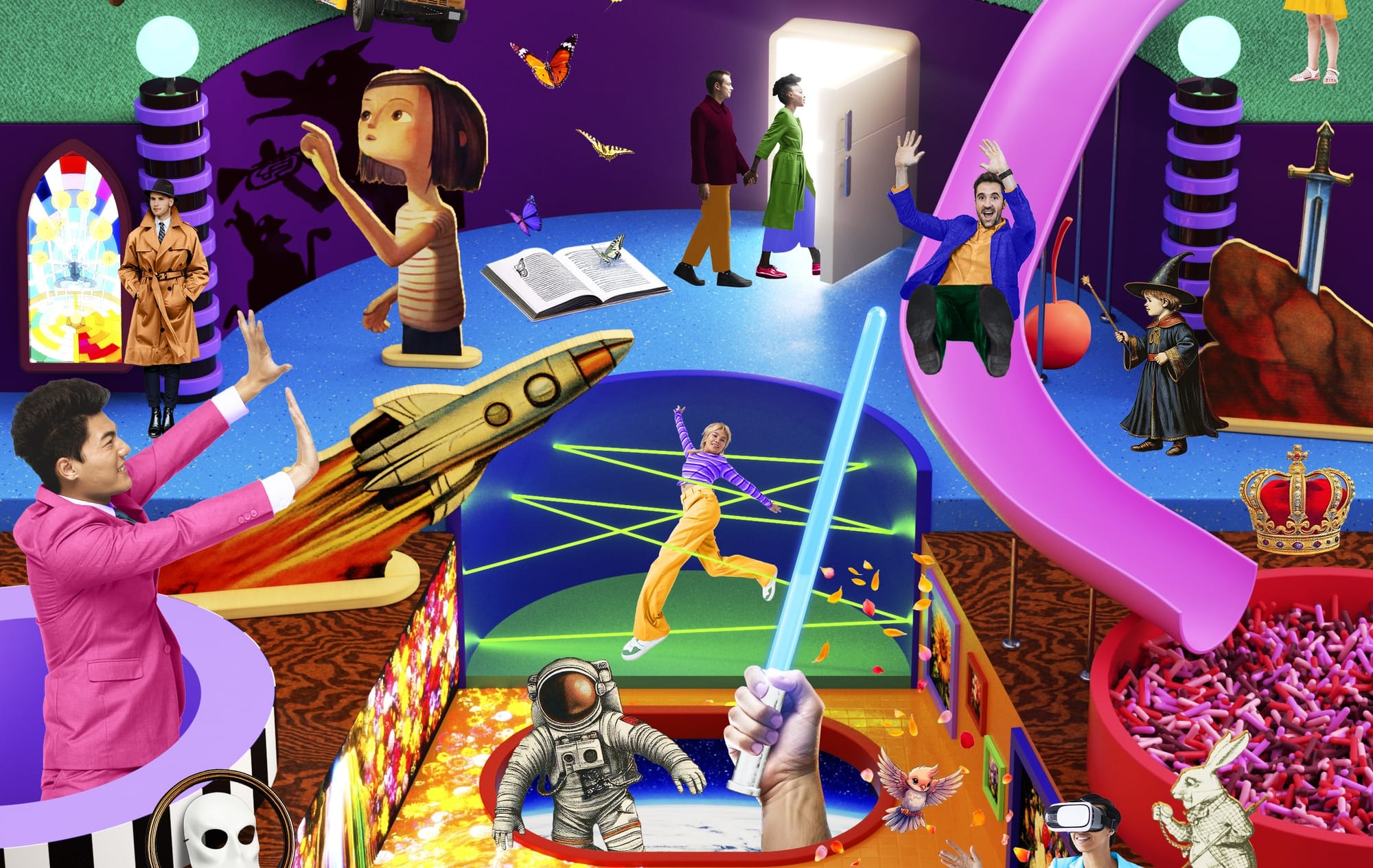
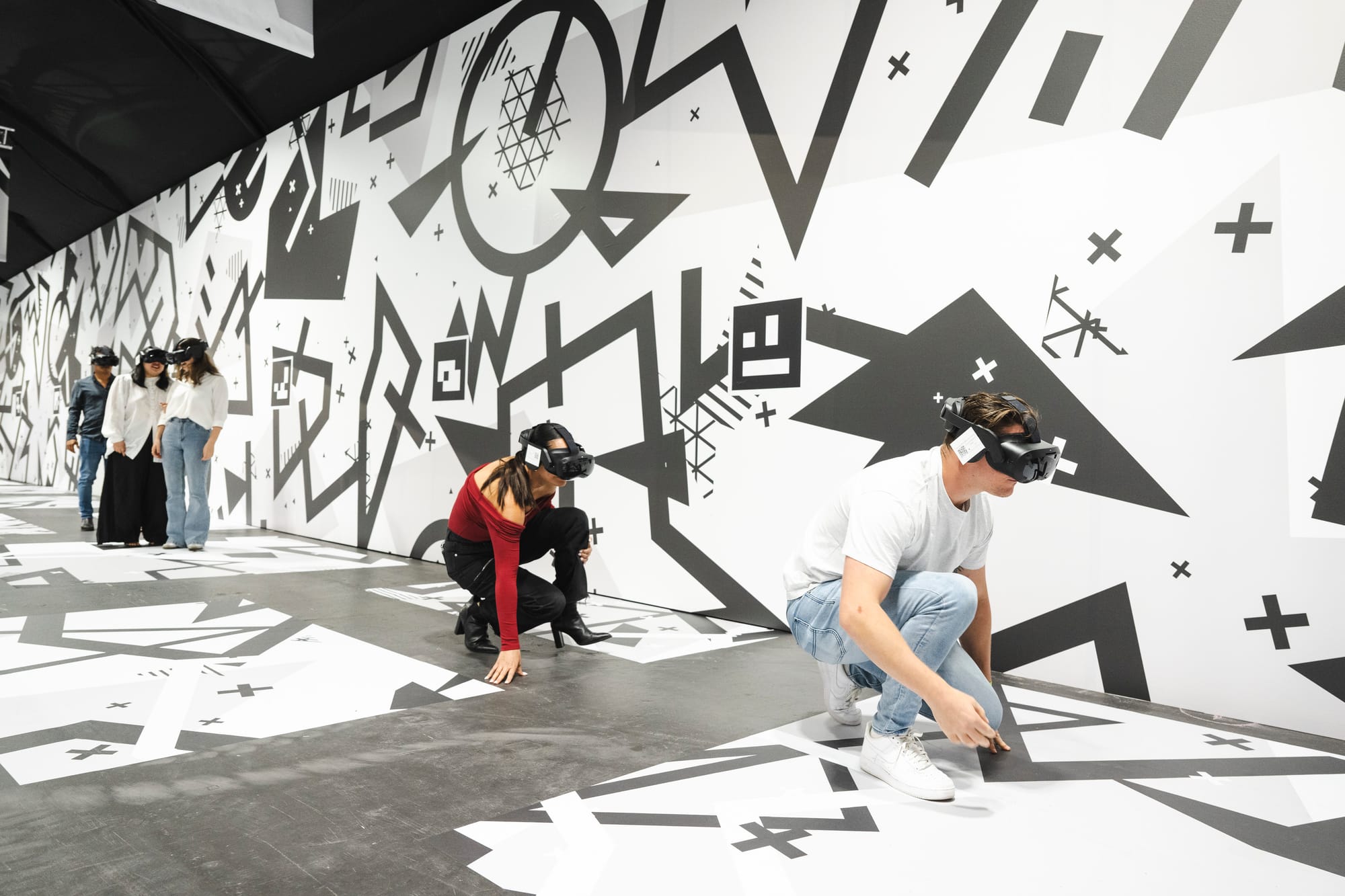

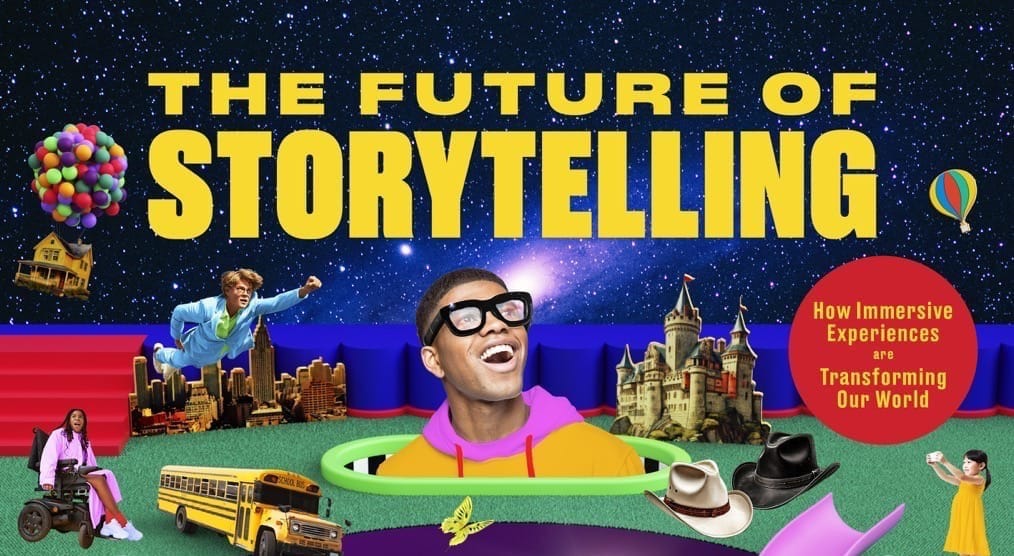

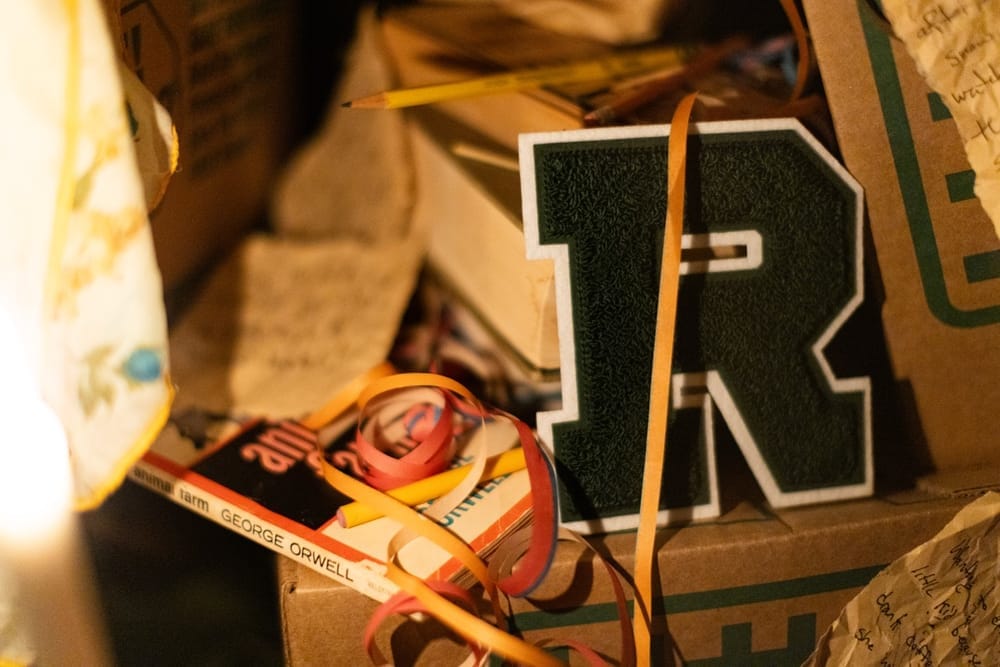


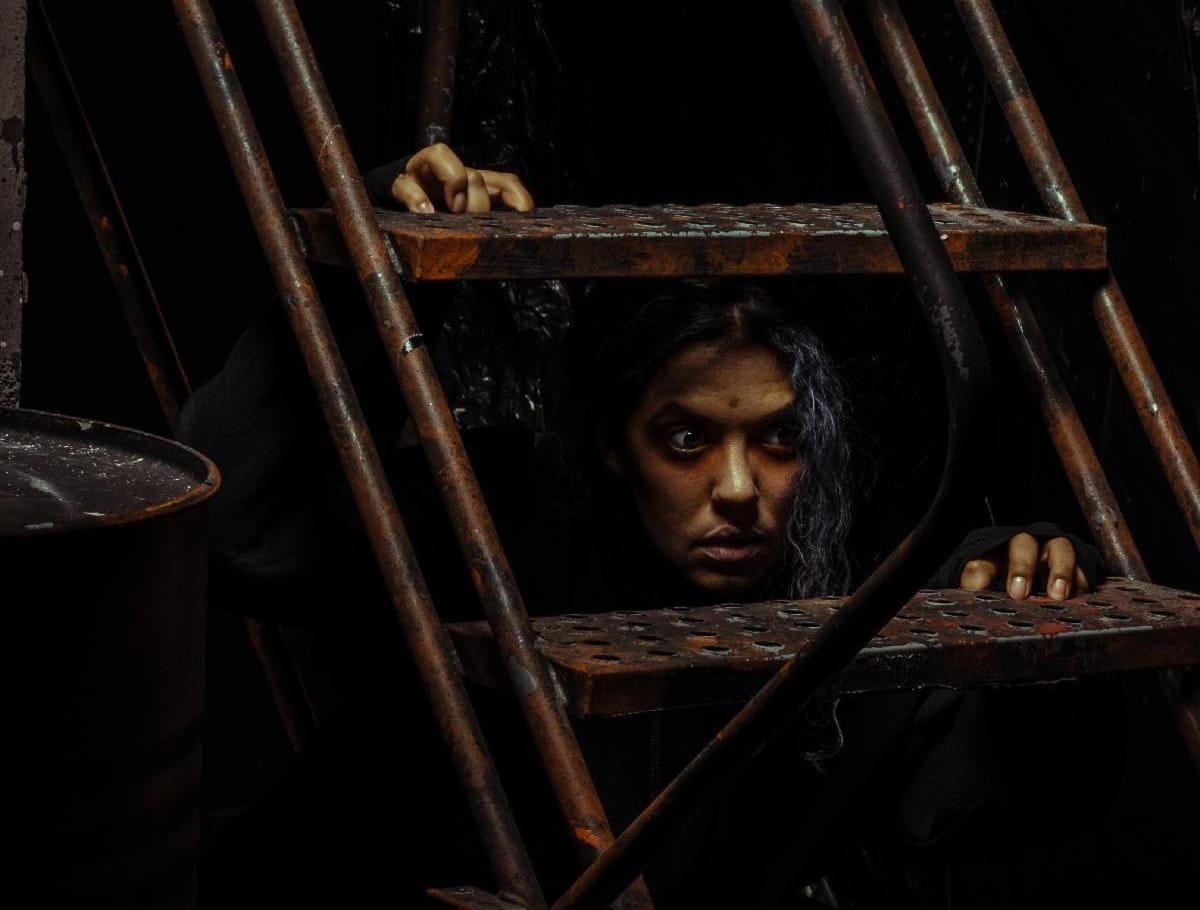
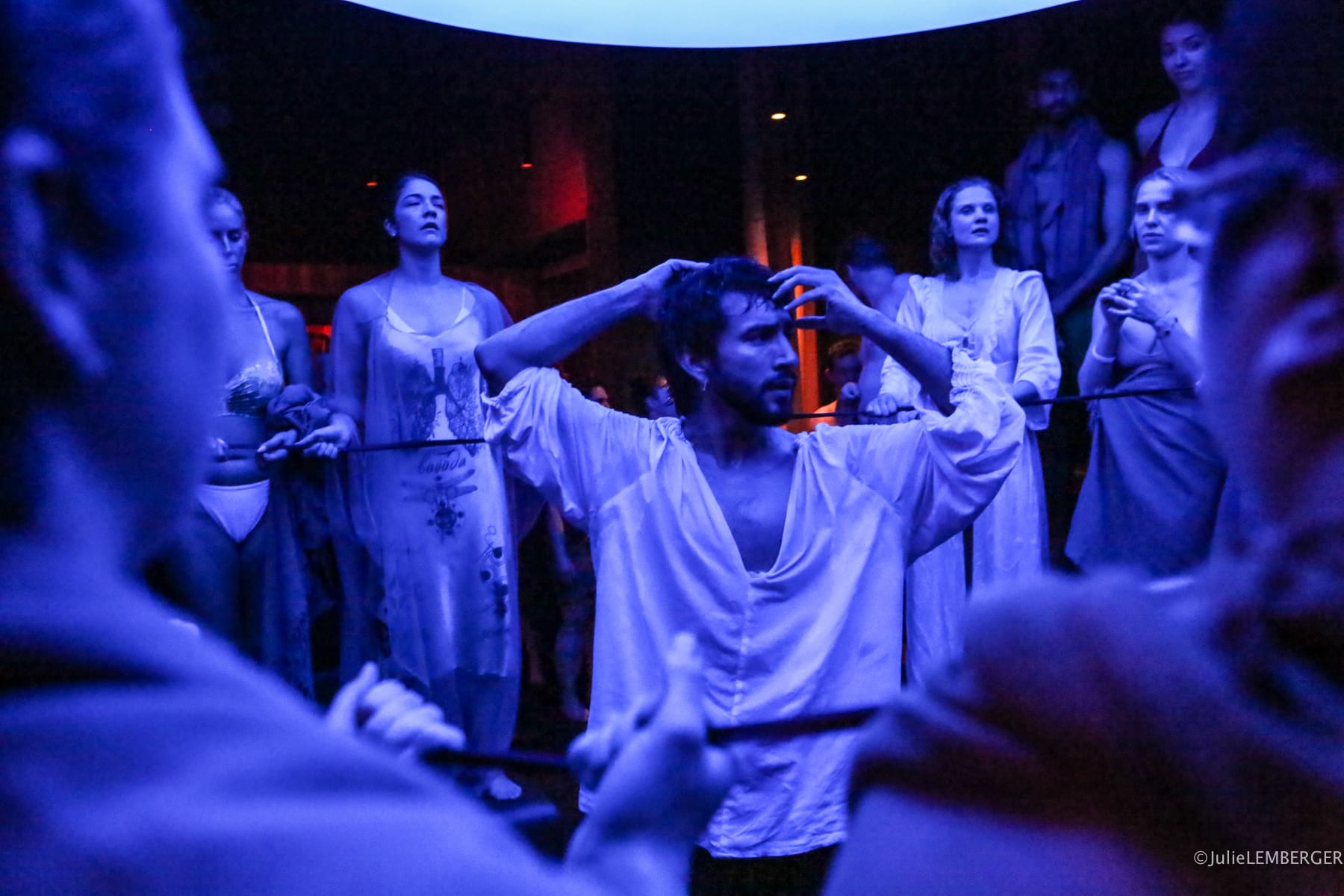
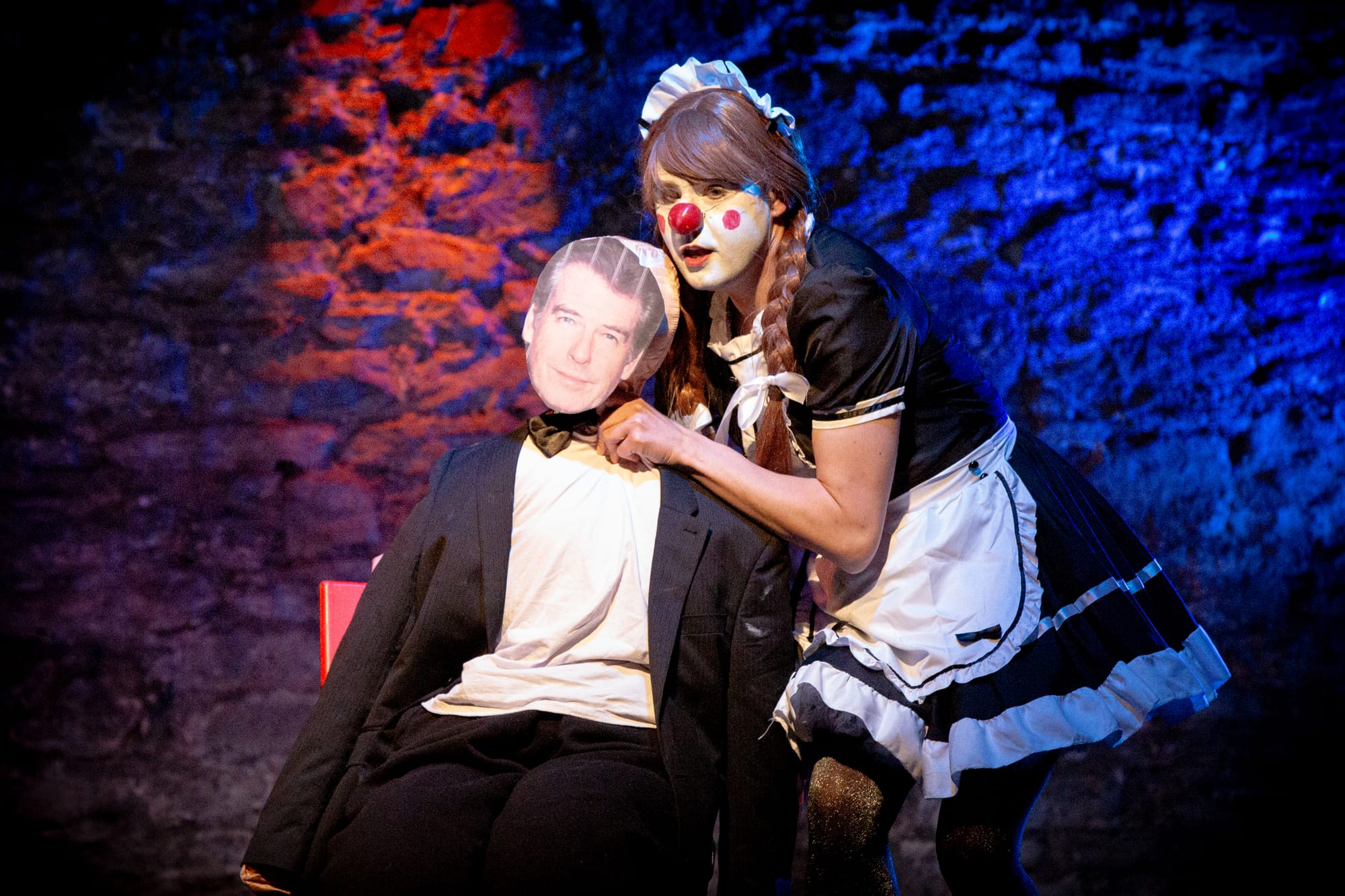
Discussion